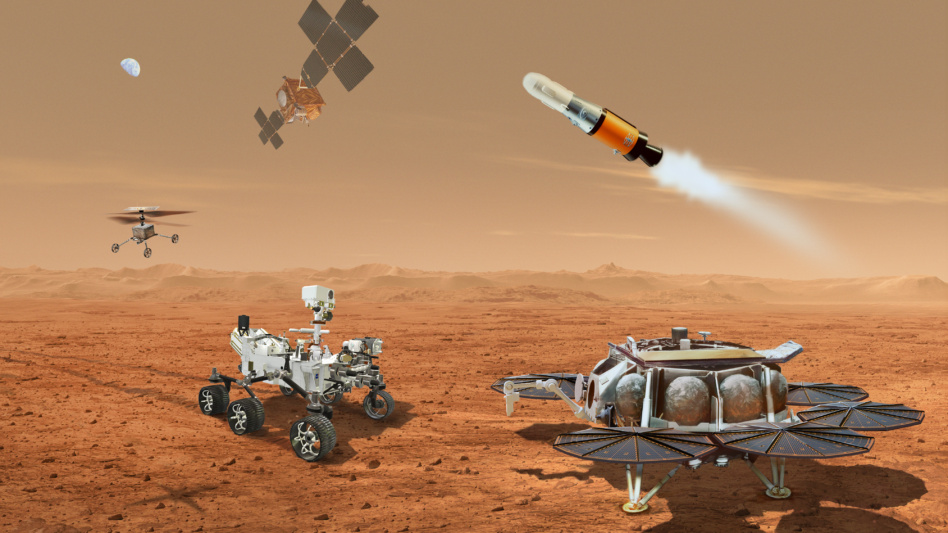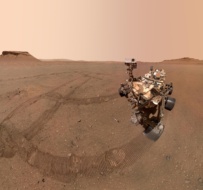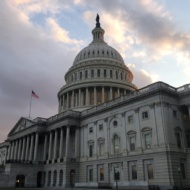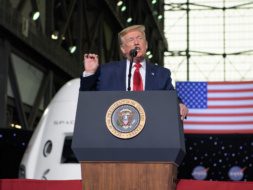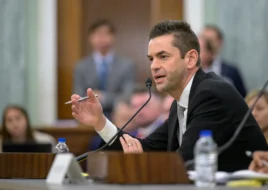The House unveiled its $25.2B fiscal 2025 budget for NASA, shorting the space agency by about $204.1M compared to its original request.
The topline budget included in the draft bill from the House Appropriations Committee would give the agency $303.6M more than it received in fiscal 2024.
By the numbers: The $25.2B budget plan is broken down into several buckets, including:
- $7.3B for science, including $2.9B for planetary science and $2B for Earth science
- $7.6B for exploration
- $1.2B for space technology
- $89M for STEM
Moon bound: Lawmakers expressed strong support for NASA’s work with the commercial sector to deliver cargo to the lunar surface under the CLPS program, which the bill fully funds.
“The Committee notes the importance of CLPS funding remaining at no less than the fiscal year 2024 enacted level, to grow the space economy and to create lasting, affordable commercial operations on the Moon,” the bill report says. “The Committee emphasizes the importance of the CLPS program in maintaining American leadership in space, developing a domestic space industrial base for the U.S.’s return to the Moon.”
To Mars? Appropriators have also bought in on NASA’s plans to bring Martian samples to Earth. The bill would require the agency to spend $650M—$450M more than NASA requested—on the program in fiscal 2025, with the report citing “concerns” over how prior cuts to the mission “have led to serious losses in NASA’s high-skilled workforce” that will hurt both this mission and other planetary science efforts in the future.
Lawmakers also asked NASA for more info on its pivot to use industry for the sample return mission. The bill would require NASA to submit a report with details on how it intends to evaluate proposals from the private sector.
What’s next: House lawmakers are meeting this morning to mark up the bill, which will still need to be approved by the full chamber and reconciled with the Senate’s spending plan before it becomes law.
